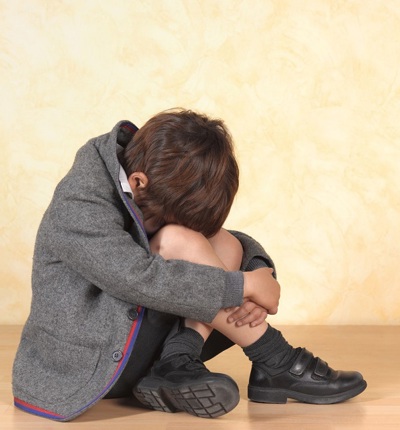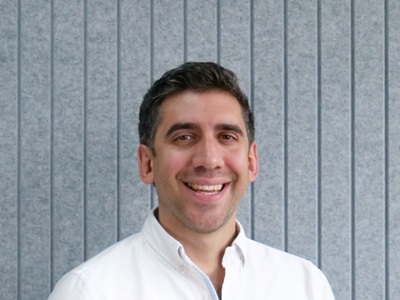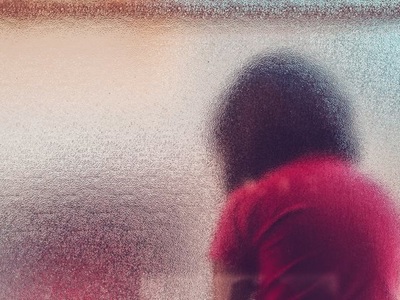
IICSA report into abuse in residential schools
Boarding schools are the “ideal environment for grooming”, the Independent Inquiry into Child Sexual Abuse concludes in its report into abuse in residential schools.
Posted on 01 March 2022
The 19th report from the Independent Inquiry into Child Sexual Abuse said that “for some children, their residential school, in effect, may be their home” and pupils are more dependent on adults around them than in non-residential settings.
The investigation looked at residential specialist music schools and residential special schools, where children faced higher risks of sexual abuse, and examined other schools, where staff had been convicted of the sexual abuse of pupils, or where serious safeguarding concerns had arisen.
Following public hearings held during September and October 2019, the inquiry looked at residential music schools, including Chetham’s School in Manchester, the Yehudi Menuhin School in Surrey, and the Purcell School in Hertfordshire. It examined residential special schools, including Appletree School in Cumbria, Southlands School in Hampshire, and the Royal School Manchester.
Three mainstream schools where sexual abuse allegations from the 1960s to 2014 had been raised were considered.
The report said: “In the specialist music schools examined, the power and influence of often revered and influential music teachers made some pupils even more vulnerable to being sexually abused by them. The reputations of both the musicians and the schools were often seen as more important than their victims and potential victims when allegations were made or concerns were raised.”
In 12 schools, as well as eight schools which were no longer operating, there was a reluctance to report sexual abuse perpetrated by staff and pupils.
The inquiry was told of ineffective safeguarding in schools over the past 20 years and that “the testimonies on the Everyone’s Invited website demonstrate that currently, for children in some schools, sexual abuse and harassment between peers remain endemic”.
At Chetham’s School, former director of music Michael Brewer was “a powerful figure, having complete autonomy over all matters relating to music”. In 2013, former pupil Frances Andrade took her own life after giving evidence on how Brewer had groomed and sexually abused her.
Christopher Ling, a violin tutor at Chetham’s who was employed by Brewer, abused a number of pupils aged between nine and 15, in the 1980s.
The report’s recommendations to improve safeguarding in schools include setting national standards for levels of safeguarding training in schools, making the highest level of safeguarding mandatory for headteachers and designated safeguarding leads in England and Wales, as well as reintroducing a duty for boarding schools and residential special schools to inform inspectorates of allegations of child sexual abuse and other serious incidents.
Inquiry chairwoman Professor Alexis Jay said:
“Poor leadership frequently left staff unaware of how to respond to concerns about sexual abuse or too afraid of potential consequences to act. In some cases it was clear that protecting the reputation of the school was prioritised over the protection of children from sexual abuse.
“Day and residential schools play a key role in keeping children safe from harm, but, despite 20 years of enhanced focus on safeguarding, they are not as safe for children as they should be. This must change. The seven recommendations in this report must be implemented to vitally improve the current systems of child protection in schools.”
Leigh Day partner, abuse specialist Dino Nocivelli said:
“The Inquiry has stated that they intend to return to several issues in their final report which is due later this year and these issues include mandatory reporting and support for victims and survivors. It is disappointing to see IICSA passing another opportunity to recommend mandatory reporting and especially after spending the past seven years considering institutional failings and measures that could help reduce and/or prevent childhood sexual abuse.”




